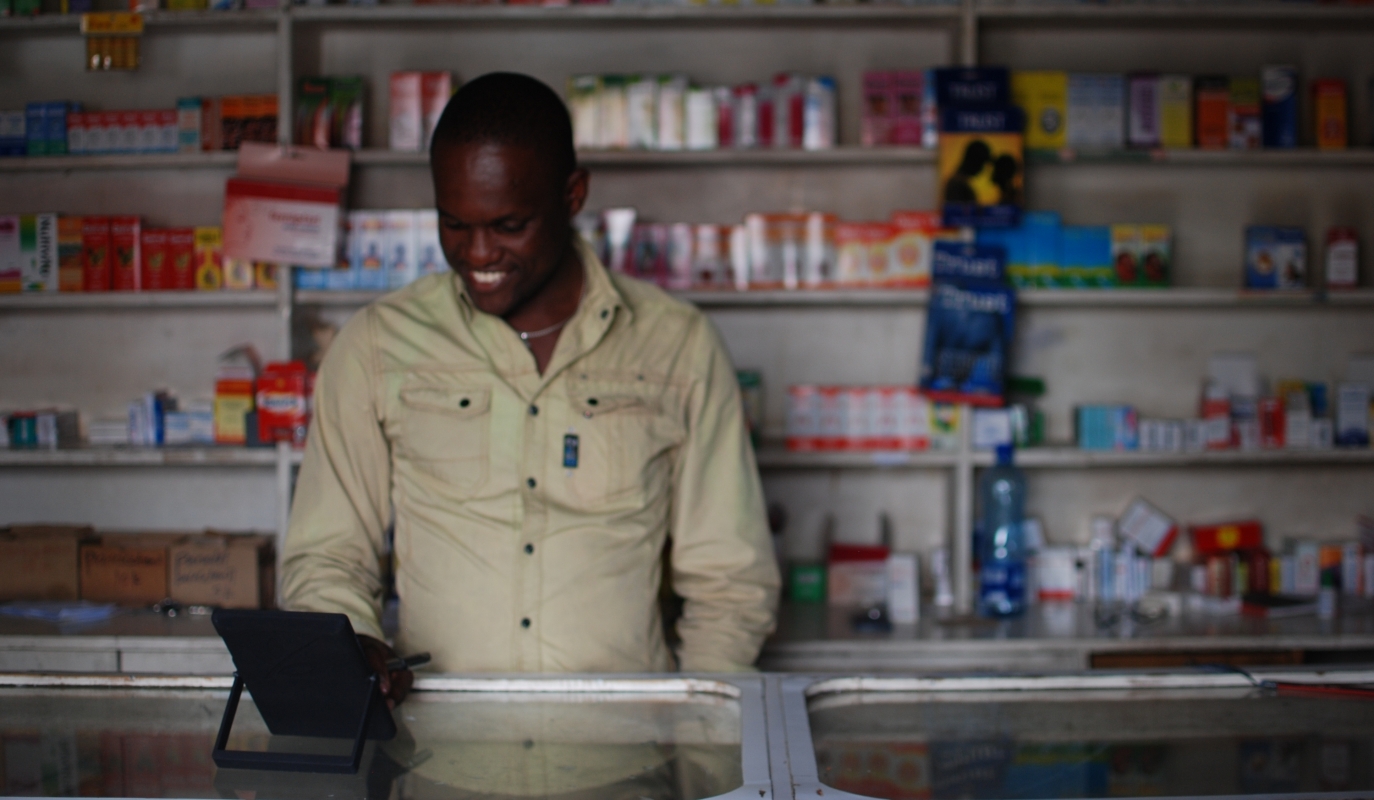Digital health accelerator Merck, has picked participants for its Accelerator Programs in Darmstadt and Nairobi today to set the agenda with topics from Malaria diagnosis to identification of plant diseases using artificial intelligence.
According to Michael Gamber, Head of the Merck Innovation Center, “With our selection for the Darmstadt and Nairobi Accelerator Program we set the agenda with topics of global importance, living up to the program’s international orientation.”
The ten most promising ideas for the Darmstadt Accelerator were invited to a pitch day and the selected teams addressed topics from mobile malaria diagnosis to waiting time in emergency rooms. The Start-up-companies for the Nairobi program were selected by Merck’s local team in Africa. The Nairobi program is focused on digital health and the winning teams aim to add efficiency to healthcare in Africa. The topics range from maternal and infant mortality to the transportation of emergency patients.
Both accelerator rounds started in April and will end in July this year.
Start-up companies at the Nairobi Accelerator
Flare, led by Caitlin Dolkart and Maria Rabinovich, an Uber for ambulances in Nairobi. As there is no centralized phone number to call in case of emergency, the team developed a technical infrastructure that organizes the transportation of emergency patients considering available ambulances and hospital capacities.
Miti Health, led by Jessica Vernon and Jennifer Stutsman, improves the supply chain of medication. Currently owners of private chemist shops have inefficient supply chains because they cannot efficiently predict demand or react to higher orders. Miti Health sets up a technological infrastructure to optimize this process from inventory management to quality certification.
Totohealth, led by Felix Kimaru, utilizes messaging and voice technology to help reduce maternal mortality, child mortality and detect developmental abnormalities in early stages. The start-up enables mothers and fathers to receive personalized messages timed at their child’s age or stage of pregnancy. These messages are able to highlight possible warning signs, equip parents with knowledge on nutrition, reproductive health, parenting and developmental stimulation.
Start-ups at the Darmstadt Accelerator
Check-ER, led by Leon Hulli and Rachel Bodkier from Tel Aviv, Israel, is a mobile app aimed at optimizing wait time in Emergency Rooms. By connecting to a hospital’s administrative data, Check-ER would be able to calculate patient wait time and organize the queue based on a preliminary diagnosis, with more urgent care issues prioritized.
PEAT, led by Simone Strey and Alexander Kenneopohl from Hannover, Germany, is a software start-up company employing Artificial Intelligence (AI) to detect plant diseases via image recognition. The system is not only able to diagnose plants from their pictures, it is also designed to learn from new submissions for more precise recognition as it develops.

Matibabu, led by Josiah Kavuma and Shafik Sekitto, provides an app that is able to diagnose malaria without a blood sample. The program instead uses a mobile phone’s camera. It can tell if a person has malaria by measuring light absorption when pressed to the fingertip. The start-up-company is based in Kampala, Uganda.



